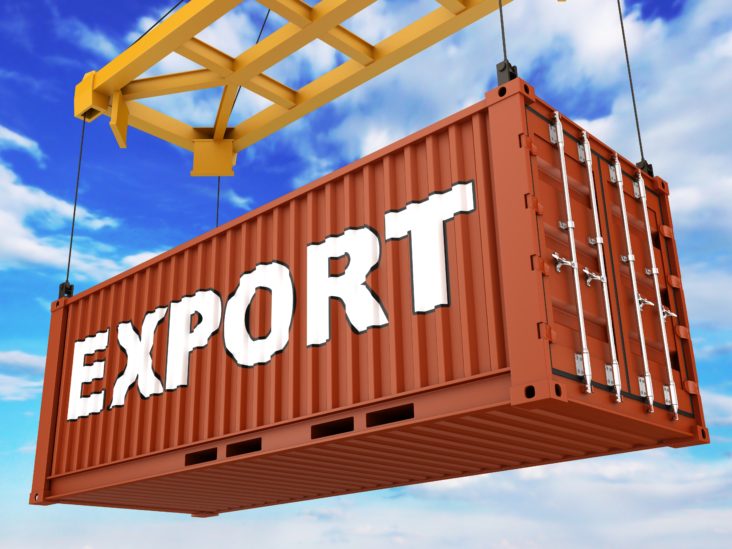Government to ban the business practice of Documents against Acceptance

After a sharp fall in basmati rice exports realization since FY14, the government has decided to ban the business practice of Documents against Acceptance (DA) where the rice consignments are shipped without settlement of prices, often leading to disputes between exporters and importers.
Sources told FE that following representation from the All India Rice Exporters? Association (AIREA), the commerce ministry has forwarded its proposal of banning DA in rice exports trade from October 2016 on wards to Directorate General of Foreign Trade (DGFT), which would issue a formal notification shortly.
In a fiercely competitive basmati rice exports trade, small players in order to increase the volume of shipment often send rice consignment to importers who use this unsecured credit to their advantage.
According to Vijay Setia, former president of AIREA and also a leading basmati rice exporter, because of DA, the rice trade has become buyers market; often consignments are not lifted from the port by importer and thus, the price had to be renegotiated.
?We have been demanding a curb on DA since the last couple of years as it was pulling down price realization from basmati rice export, thus hitting the farmers? income as well,? Setia told FE.
Official sources said because of the practice of DA mostly carried out by small exporters, the country?s basmati rice shipment has seen a 29% fall to R22,718 crore in FY16 from a record R29,299 crore reported in FY14. However, the volume of basmati rice exports has risen from 3.7 million tonne (MT) to more than 4 MT.
According to an AIREA official, other rice exporting countries such as Pakistan, Vietnam and Thailand do not allow DA transaction.
Basmati rice exporters agree that the government was initially reluctant to intervene in a commercial transaction between importer and exporter of rice. However, with the realization from the premium agricultural products like basmati rice shrinking sharply, hitting overall agricultural product exports from the country, the commerce ministry has agreed to ban the practice of DA.
?With a ban on DA transactions many unhealthy practices in the industry will stop and prices realization will rise,? Kuber Seth, director, DCP India, which exports basmati rice with ?Asbah? brand name. Trade sources said the bigger sized basmati rice exporters at present use the system of ?letter of credit? where the importers instruct their bank to pay exporters as per the specified conditions mentioned in the original documentary credit.
Commerce ministry sources said the average realization from basmati exports has fallen from $1,295 per tonne in FY14 to around $850 a tonne in FY16 while for non-basmati rice, the fall was to $350 per tonne in the last fiscal from around $450 per tonne two years earlier.
India has around 85% share in the global basmati rice exports while the rest is contributed by Pakistan. The countries such as Iran, Saudi Arabia and United Arab Emirates (UAE) are the biggest destination for the country?s aromatic and long grain rice.

